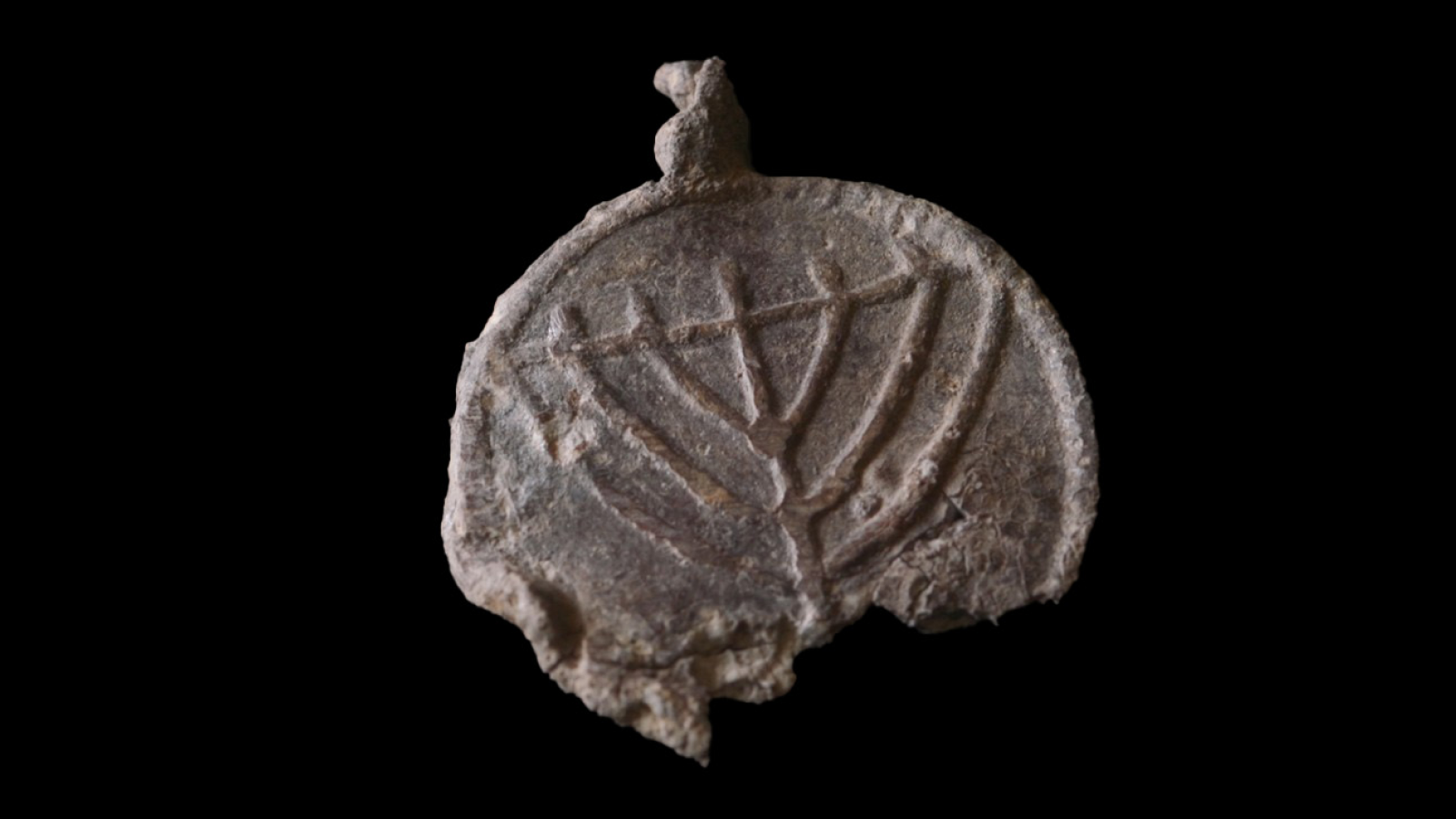Photos: The Amazing Mummies of Peru and Egypt
Made to order
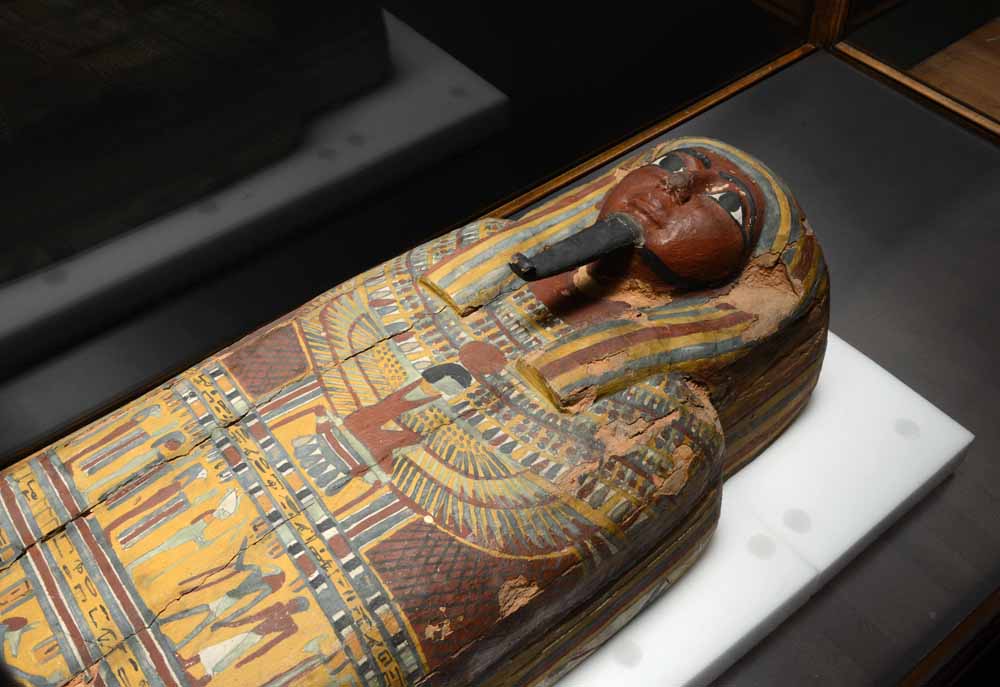
Using hieroglyphics, Egyptian coffins were often personalized to the deceased. The individual's name as well as the gods assisting in that person's journey were engraved on the coffin.
Details
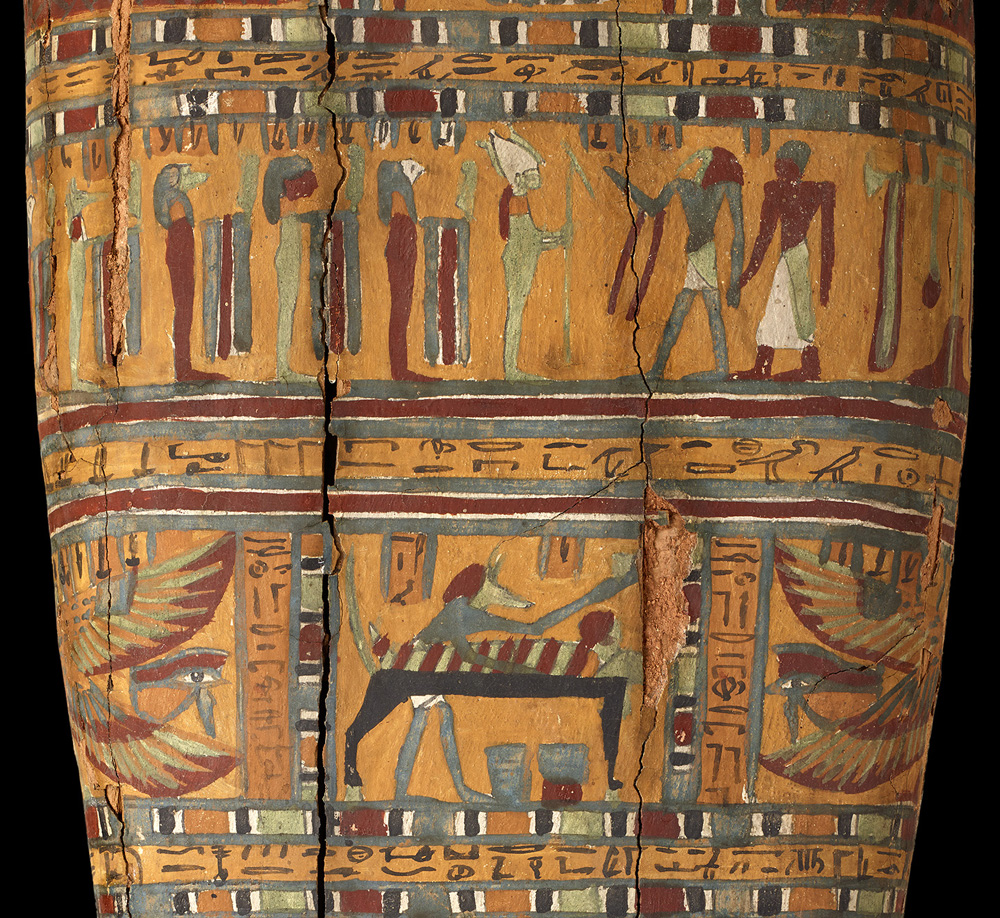
A coffin from Egypt's 25th or 26th Dynasty has much detail. The deceased man is shown being assisted by Thoth, the ibis-headed god; Osiris, the god of the underworld; and Anubis, the jackal-headed god.
Modest provisions
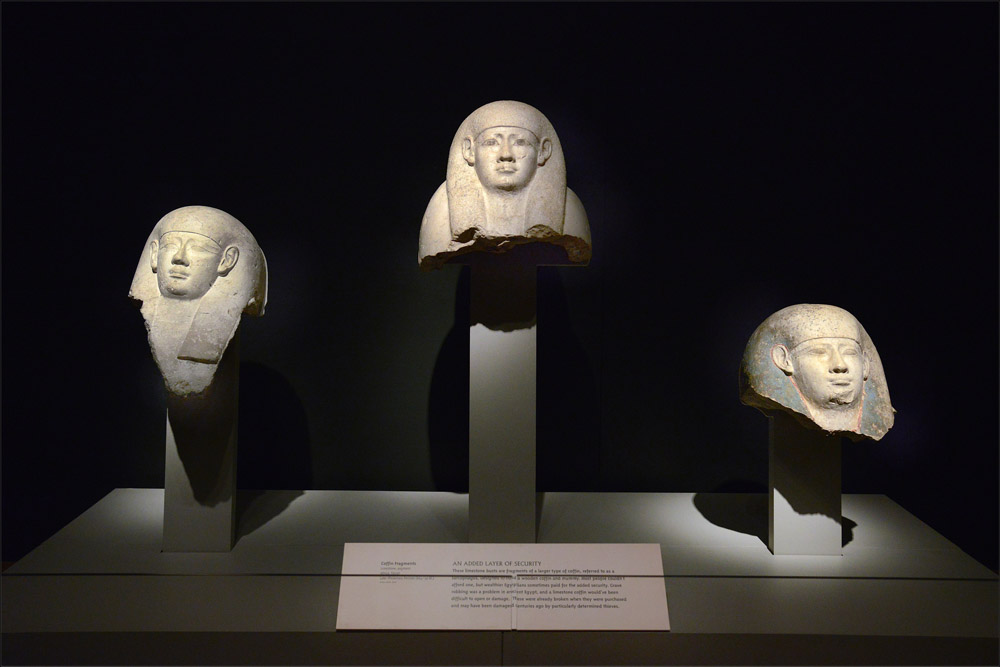
Wealthy Egyptians imported materials for their coffins, but less fortunate citizens used scarce, native trees to create their coffins. This painted coffin bears the marks of time with its red paint faded and worn, exposing the simple construction and wood grain.
Morphing culture
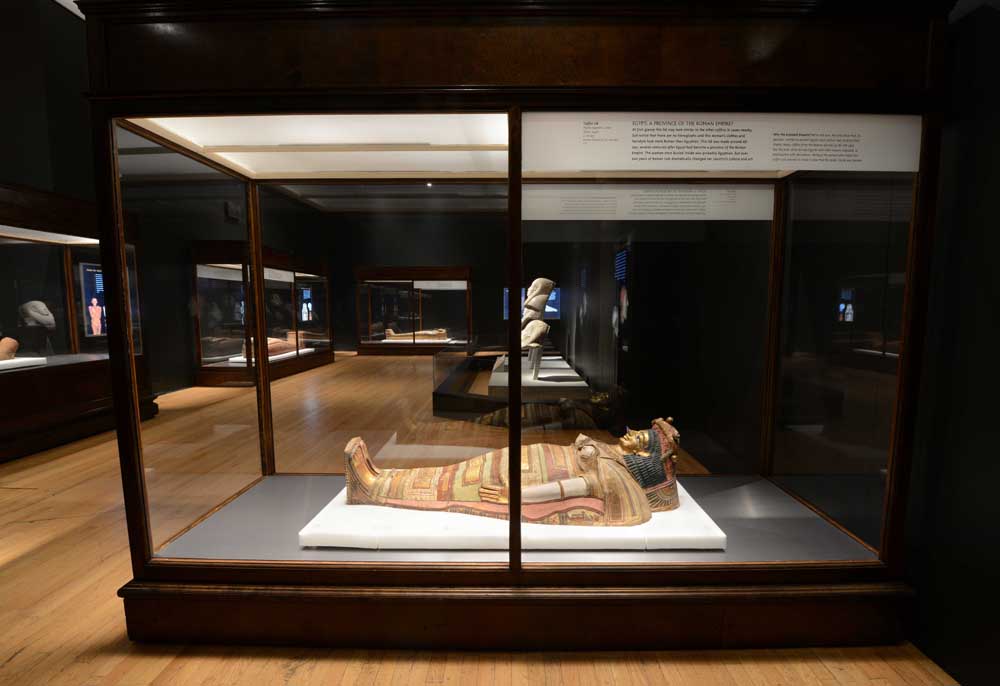
After hundreds of years as a province to the Roman Empire, Egypt's culture changed. This coffin bears no hieroglyphics, and the hair and clothing look less Egyptian and more Roman.
Sneak a peek
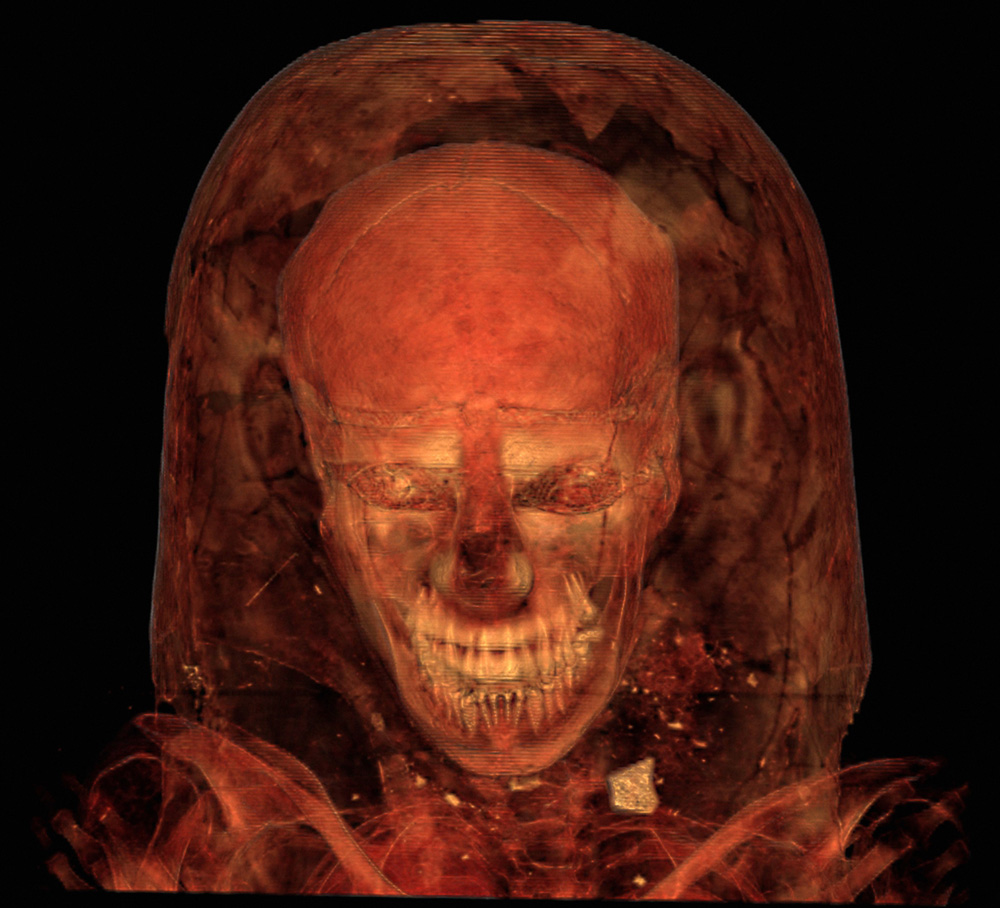
After a CT scan of the Gilded Lady is conducted, details emerge: She was in her 40s and had curly hair as well as a slight overbite. She may have suffered and died from tuberculosis, an often-deadly but common sickness at the time.
Brought to life
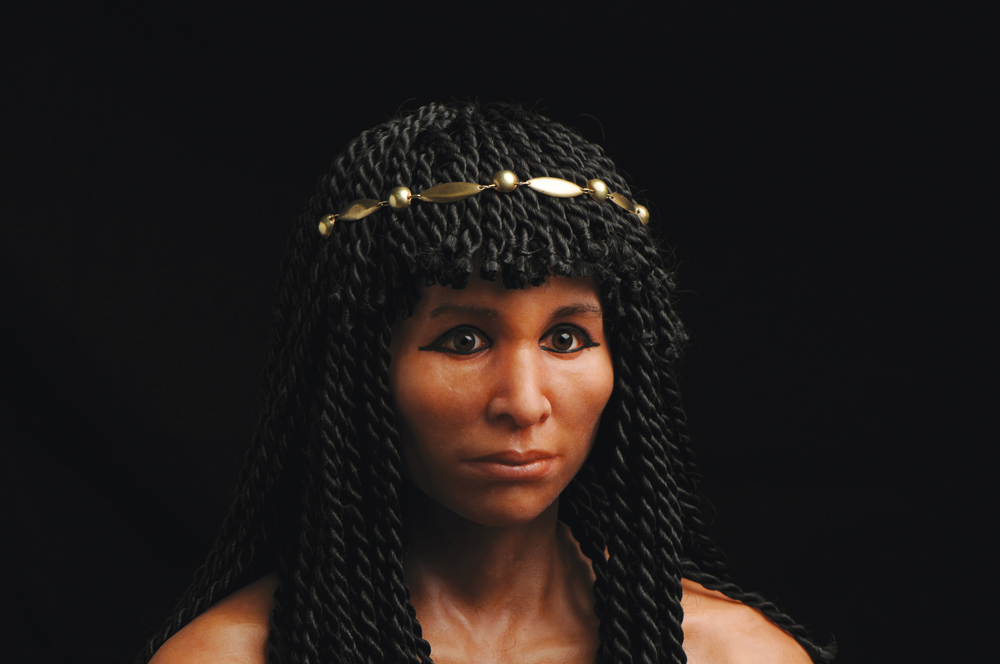
Using the technologies available, experts created this sculpture to show what the Gilded Lady may have looked like in real life.
Before his time
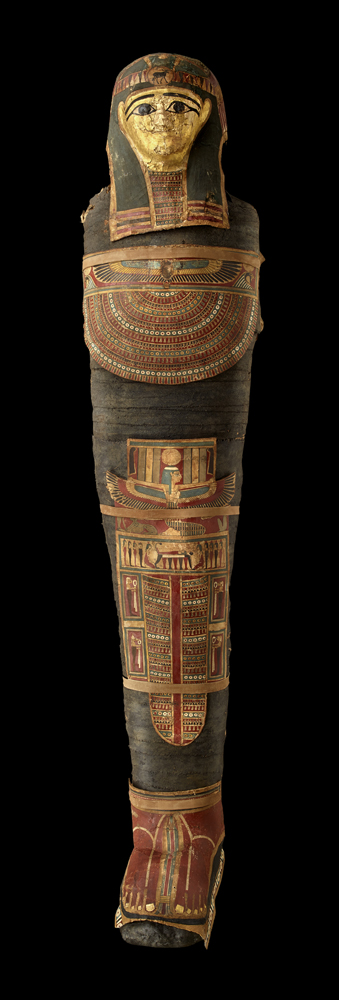
"Mummies" provides an inside look at this extremely decorative coffin. A young boy of roughly 14 years who died in the Ptolemaic era of ancient Egypt was found inside.
Get the world’s most fascinating discoveries delivered straight to your inbox.
Amazing detail
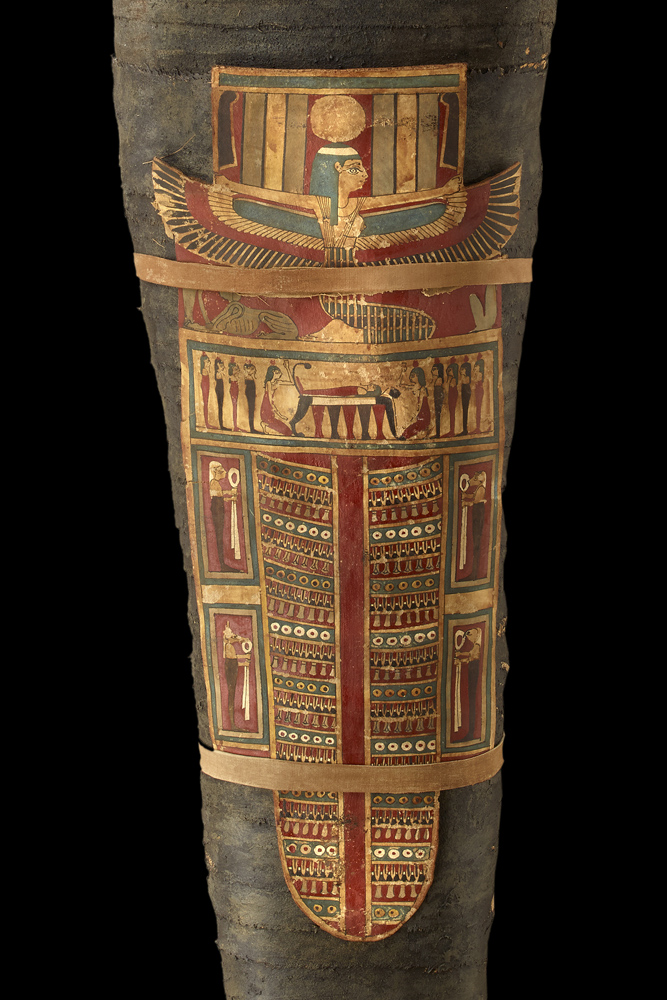
The coffin for the young man features detailed paintings of the sky goddess Nut and the sons of Horus.
A sad story
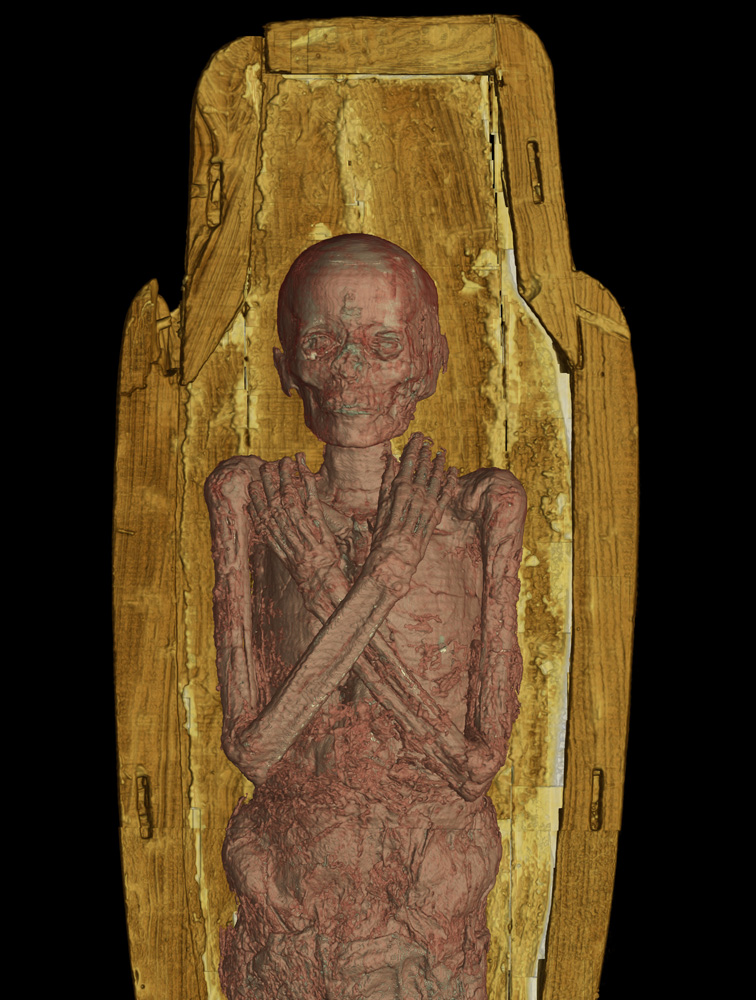
CT scans of the intricately decorated coffin disclose a young mummified boy placed in an oversized coffin.
Creating a face
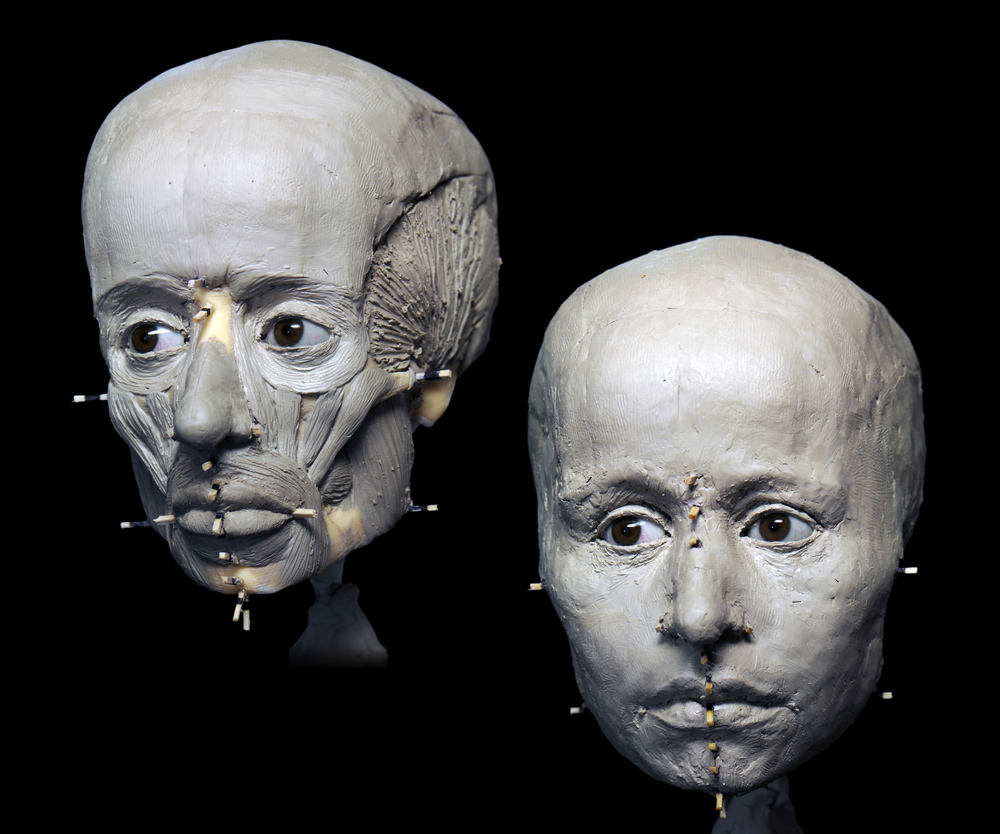
Using the CT scans and a 3D-printed skull model, French artist Elisabeth Daynès created a sculpture of the boy mummy.


